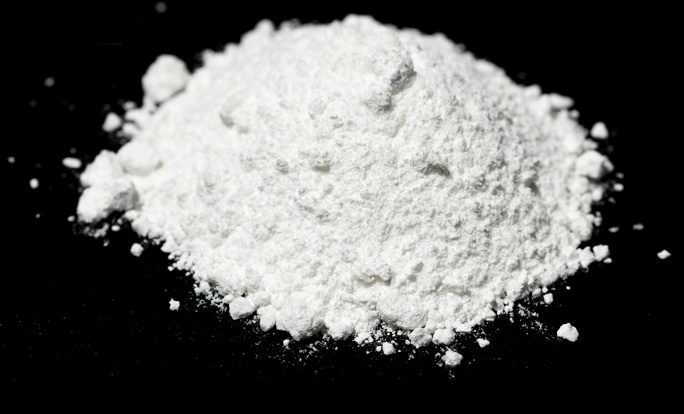-
ABOUT US

-

-
-
-
-
What is Heparin Sodium?
Publish Time:
2021-02-03
Heparin sodium interferes with many stages of the blood coagulation process and has anticoagulant effects both in vivo and in vitro. Its mechanism of action is complex, mainly through binding to antithrombin III (AT-III), enhancing the latter's inhibitory effect on activated coagulation factors II, IX, X, XI, and XII. The consequences involve preventing platelet aggregation and destruction, hindering the formation of coagulation activators, preventing prothrombin from becoming thrombin, inhibiting thrombin, and thus preventing fibrinogen from becoming fibrin, thereby exerting its anticoagulant effect.
Heparin sodium interferes with many stages of the blood coagulation process and has anticoagulant effects both in vivo and in vitro. Its mechanism of action is complex, primarily involving binding to antithrombin III (AT-III) to enhance the latter's inhibitory effect on activated coagulation factors II, IX, X, XI, and XII. The consequences include preventing platelet aggregation and disruption, hindering the formation of coagulation activators, preventing prothrombin from becoming thrombin, inhibiting thrombin, and thus preventing fibrinogen from becoming fibrin, thereby exerting its anticoagulant effect.
Latest News
Service Hotline
Nantong PONDA food (Group) Co., Ltd.
Address: No. 9, Dingxin Road, Dingyan Town, Rugao City, Jiangsu Province
Tel: 0086-13861920200
Email: williamxu@pondafood.com
Follow us

COOKIES
Our website uses cookies and similar technologies to personalize the advertising shown to you and to help you get the best experience on our website. For more information, see our Privacy & Cookie Policy
COOKIES
Our website uses cookies and similar technologies to personalize the advertising shown to you and to help you get the best experience on our website. For more information, see our Privacy & Cookie Policy
These cookies are necessary for basic functions such as payment. Standard cookies cannot be turned off and do not store any of your information.
These cookies collect information, such as how many people are using our site or which pages are popular, to help us improve the customer experience. Turning these cookies off will mean we can't collect information to improve your experience.
These cookies enable the website to provide enhanced functionality and personalization. They may be set by us or by third-party providers whose services we have added to our pages. If you do not allow these cookies, some or all of these services may not function properly.
These cookies help us understand what you are interested in so that we can show you relevant advertising on other websites. Turning these cookies off will mean we are unable to show you any personalized advertising.
Copyright © 2024 Nantong PONDA food (Group) Co., Ltd. All rights reserved









